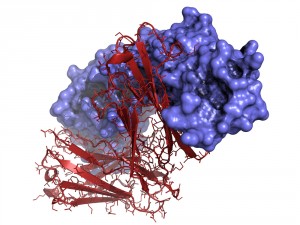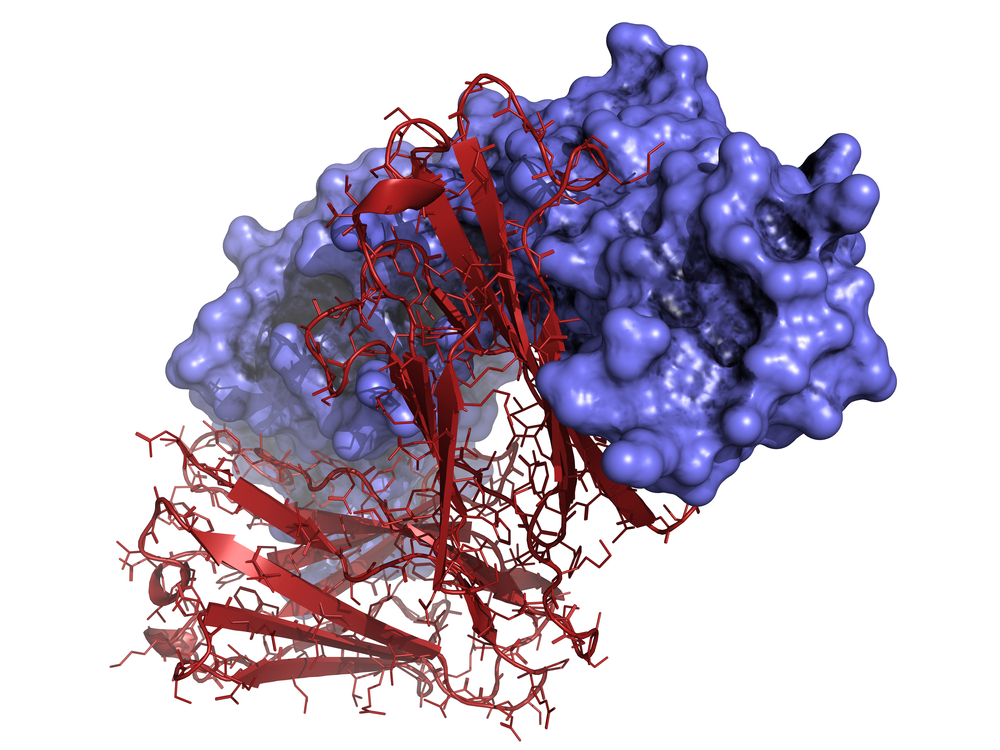 In a recent study published in the journal Cancer Cell, a team of researchers from the University of Southampton found that the exact shape of an antibody can be extremely important for its capacity to active a patients immune system against tumors.
In a recent study published in the journal Cancer Cell, a team of researchers from the University of Southampton found that the exact shape of an antibody can be extremely important for its capacity to active a patients immune system against tumors.
The team discovered that IgG2B antibodies are significantly more effective in stimulating anti-tumor immunity when compared to other IgG forms. Moreover, this particular type of IgG can function independently, without the aid of other cells of the immune system, allowing it to excel in all tissues of the body.
Researchers were able to design antibodies that can be locked into a specific shape (B structure), which is highly active and allows the antibody to act as a strong immune-modulator.
“We know that the immune system provides a natural protection against cancer, which can only grow by finding a way around our defenses. Antibody treatments are now able to correct this problem for many types of cancer, but we still need them to work better. It is early days, but this important discovery could enable us to treat more cancers effectively. Our next task is to bring these novel IgG2B antibodies into trials for cancer patients and we are engineering ways to make them effective in the clinic”, lead author of the study Dr. Ann White said in a news release. The researchers are currently trying to understand why the IgG2 molecule has an enhanced performance in a locked B structure.
“This research has zeroed in on how we can make immunotherapy treatments more effective against cancer. Energizing the immune cells in our body and getting them to treat cancer cells as a threat gives us a better shot at beating cancer. Immunotherapy is part of the future of cancer treatment and it’s important that we use our best immunotherapy weapons to fight the disease,” Professor Nic Jones, Cancer Research UK’s chief scientist, added in the news release.
The team is currently developing clinical trials and has already succeeded in applying immunotherapeutic approaches to treat skin, lung, lymphoma and pancreatic cancers, along with the childhood cancer, neuroblastoma.


